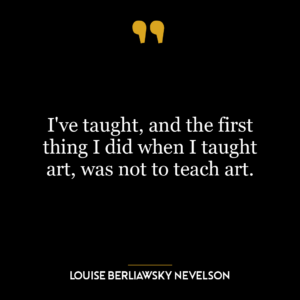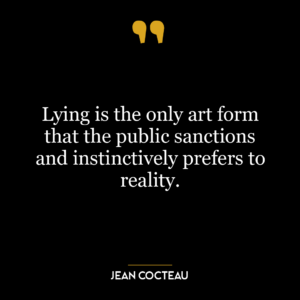This quote emphasizes the importance of honesty, especially intellectual honesty. It encourages individuals to be forthright about their knowledge or lack thereof. By saying “If you know, say you know”, it means that one should not be afraid to share their knowledge and understanding about a certain subject. Conversely, “If you don’t know, say you don’t know” means that one should not pretend to understand or know something when they do not. It is a call to be humble and acknowledge the limits of one’s knowledge.
The quote also highlights the notion of authenticity. It suggests that pretending to know something when you don’t is not only dishonest, but it also prevents learning and growth. If you admit that you don’t know something, it opens up the opportunity to learn and understand.
Applying this quote in today’s world, especially in the era of information overload, is highly relevant. In the face of complex issues and diverse knowledge, it’s impossible for one person to know everything. By admitting what we don’t know, we allow ourselves to be open to new learning experiences, which can lead to personal and professional growth.
In the context of personal development, this quote can be a guiding principle. It encourages us to be honest with ourselves about our strengths and weaknesses. Acknowledging what we don’t know can be the first step towards learning and improving in that area. It also teaches us humility and the ability to accept our limitations, which are important traits for personal growth and building healthy relationships.
Moreover, in a professional setting, admitting when you don’t know something can actually be seen as a strength. It shows that you are an honest and trustworthy individual who is willing to learn. It promotes a culture of learning and growth within the workplace, as opposed to a culture of competition and pretense.












